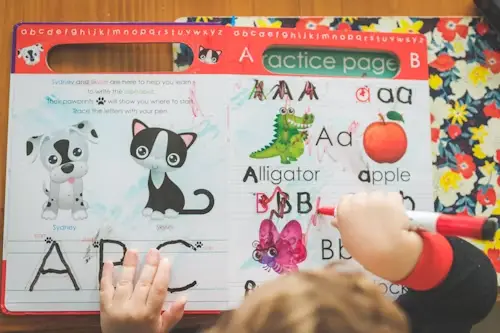Auditory Dyslexia on Understanding Challenges and Interventions

Auditory dyslexia, also known as phonological dyslexia or auditory processing disorder (APD), is a subtype of dyslexia characterized by difficulties in processing and discriminating sounds, particularly speech sounds. Individuals with auditory dyslexia may struggle with phonemic awareness, speech perception, and language processing, impacting their reading, spelling, and language comprehension skills. Understanding the challenges associated with auditory dyslexia and implementing appropriate interventions are essential for supporting individuals affected by this condition.

Page Contents
Auditory Dyslexia on Understanding Challenges and Interventions

Challenges of Auditory Dyslexia:
- Phonological Processing Difficulties: Auditory dyslexia primarily affects the ability to process and manipulate speech sounds (phonemes). Individuals may struggle with phonemic awareness tasks, such as identifying and segmenting sounds within words, which are foundational skills for reading and spelling.
- Speech Sound Discrimination: Difficulty discriminating between similar speech sounds (e.g., /b/ and /d/) can lead to confusion and errors in reading and spelling. Individuals may have trouble distinguishing subtle differences in sound, affecting their ability to decode words accurately.
- Language Comprehension: Auditory dyslexia can also impact language comprehension and verbal expression. Individuals may have difficulty following oral instructions, understanding complex sentences, and organizing their thoughts coherently in spoken language.
Interventions for Auditory Dyslexia:
- Phonological Awareness Training: Phonological awareness interventions focus on developing awareness of the sound structure of language. Activities such as rhyming, blending sounds, segmenting words, and manipulating phonemes can strengthen phonological processing skills and improve reading and spelling abilities.
- Auditory Discrimination Exercises: Targeted exercises that involve discriminating between similar speech sounds can help individuals improve their auditory discrimination skills. Using auditory stimuli such as minimal pairs (e.g., “cat” vs. “bat”) and practicing sound blending and segmentation can enhance sound differentiation abilities.
- Multisensory Approaches: Multisensory interventions engage multiple senses, including visual, auditory, and kinesthetic modalities, to reinforce learning. Activities that incorporate visual cues, hands-on manipulatives, and auditory feedback can enhance understanding and retention of phonological concepts.
- Auditory Training Programs: Computer-based auditory training programs, such as Fast ForWord and The Listening Program, target auditory processing skills through adaptive exercises and interactive activities. These programs aim to strengthen auditory discrimination, temporal processing, and auditory memory, which are essential for language and literacy development.
- Language Therapy: Speech-language therapy can address broader language difficulties associated with auditory dyslexia, such as vocabulary development, grammar skills, and verbal expression. Therapists can provide individualized intervention plans to improve language comprehension and communication skills.
Conclusion:
Auditory dyslexia presents unique challenges related to phonological processing and speech perception, impacting reading, spelling, and language comprehension abilities. However, with targeted interventions and support, individuals with auditory dyslexia can develop the skills needed to overcome these challenges and succeed academically and socially. By implementing evidence-based practices, such as phonological awareness training, auditory discrimination exercises, and multisensory approaches, educators and therapists can empower individuals with auditory dyslexia to unlock their potential and thrive in their educational and personal pursuits.






